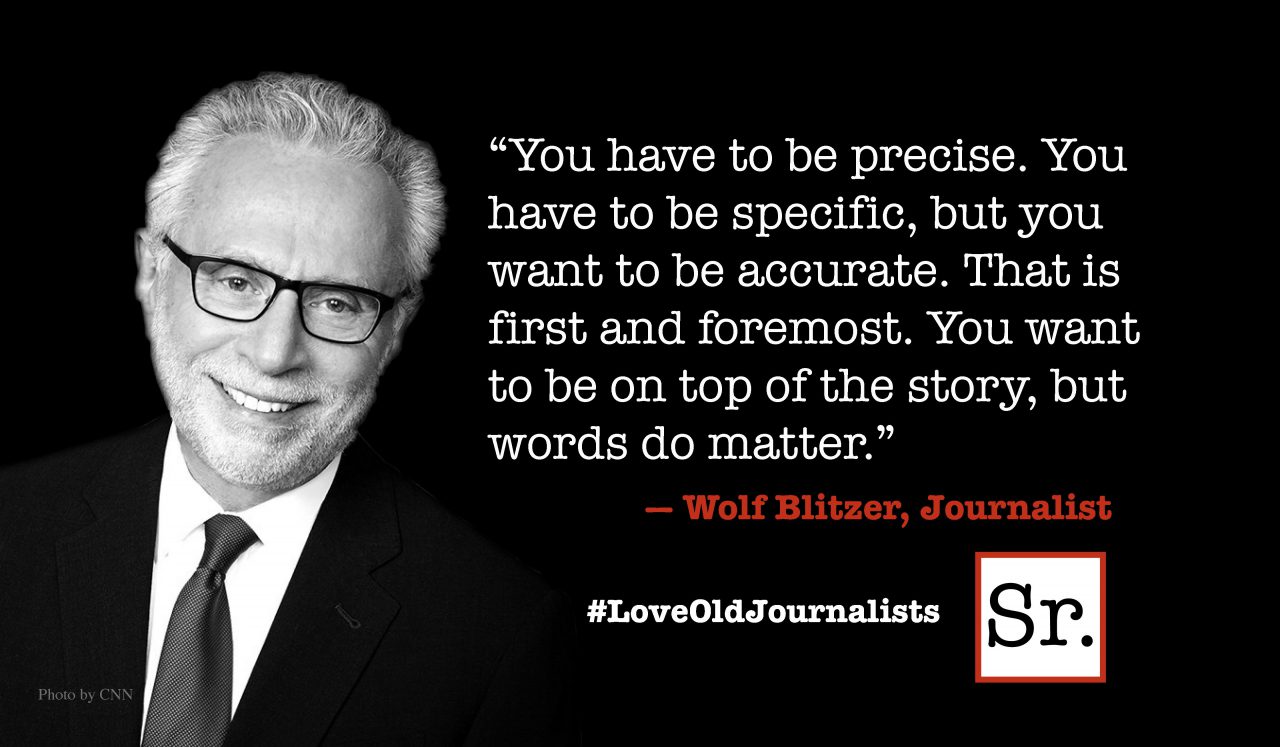"Man invented language to satisfy his deep need to complain." Lily Tomlin
When we tune into almost any conversation, we are sure to hear multiple complaints. And when we run out of things to complain about, there's always the weather. Turn on the news, channel of your choice, and you will be treated to negative opinions about darned near everything. We are continuously exposed to huge doses of negative noise, polluting our airwaves. We jolly well can complain.
You may be getting the impression that I have a problem with complaining. And, you would be right. My problem goes way back to my foundry days. (OK, I'm owning up. I'm complaining about complaining.)
In my Human Resources role at the foundry, employees and managers frequently came to me with complaints regarding unresolved issues and concerns. At times, there would be a line waiting at my door at the end of a shift. The individual with the complaint would complain, I would listen, and the meeting would conclude by my adding yet another item to my sky high pile of things to check into or handle. The complainer would generally leave feeling liberated, having "gotten it off his chest." And, I would feel like a big pile of "dog doo-dah." It seemed like a set up to me. I was there to use all of my creative powers to solve their concerns and they were there to let me.
Like the POGO comic strip character, I came to see a common theme running through all of this. Me. "I had met the enemy and the enemy was me." I was allowing, perhaps even encouraging, people to come to me, vent, and walk away without taking one single ounce of responsibility. And, I wondered why I was in burn out mode.
Hit by a BFO (Brilliant Flash of the Obvious), a few simple questions occurred to me. If I was the problem, might I also be the solution? What if I didn't have to wait for anyone or anything to get better? What if I could change how I was operating? What if I could re-program myself?
I really didn't know what to do or how to do it, but I continued to ask myself tough questions. And that led to my asking better questions of others, questions that helped individuals fully express their concerns, while I truly listened slowing down my internal problem solver. That led me to ask for their ideas about how to solve their specific issue or concern, and to gain their input for possible ways to resolve the problem. And then to gain their commitment to take the actions they reckoned had the best chance of succeeding.
I promised to help them solve their issue, if they really needed me, but the amazing thing was they were usually able to take positive action on their own. And even better, the recreational complaining went way down as employees empowered themselves to take ownership, and work together to make needed improvements.
What I came to realize is that expressing a concern or defining an issue can be extremely productive if it leads one to take ownership for constructive communication and resolution. There is often a hidden request embedded in a complaint, something the complainer needs to ask for. And while it will feel uncomfortable at first, request making can be a powerful way to gain cooperation and resolution.
Making a request of someone who very possibly can help us means that we must be explicit about what we want or need. We need to think through and explain:
- What I need?
- When do I need it?
- Why is it important, to me, the business, the mission, or the team.
- And then the request. "Are you able to help? "
A request is not a favor, an order or a demand. It is a very specific question explaining our need and asking for help.
Most of us are much better at complaining than we are at asking for help. According to Will Bowen's book, A Complaint Free World, the average person complains 15 to 30 times a day. Bowen defines a complaint as "an energetic statement that focuses on the problem at hand rather than the resolution sought." Bowen is on a mission to help people around the world stop complaining and start enjoying the life they have always wanted. And so are we.








